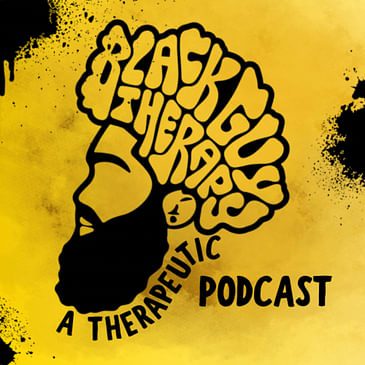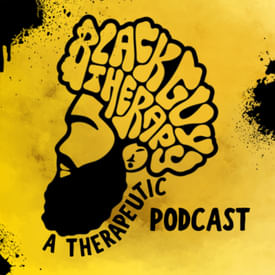On this episode we have a truly inspiring guest. He is Jeff McGruder, one of the owners of Citizens Savings Bank & Trust, the oldest black bank in the United States.
In this episode, Jeff talks about his incredible journey through life and banking. He shares some fascinating stories and insights into what it means to be a part of such a historic institution in America.
We also discuss the crucial role that black owned banks play in our community and our society as a whole.

